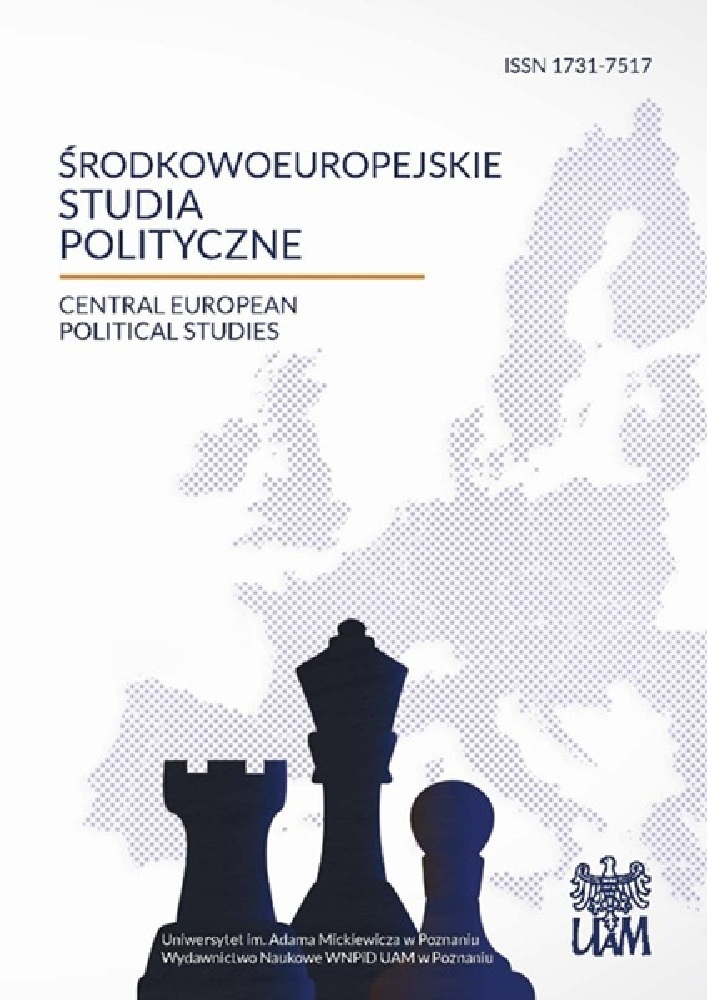Abstract
The paper presents and discusses main tenets of book authored Zenonas Norkus, On Baltic Slovenia and Adriatic Lithuania. A Qualitative Comparative Analysis of Patterns in Post-Communist Transformation. The Author of the paper focuses of comparative methodology applied in the reviewed book and obtained effects: identification of factors influencing transformation in Baltic stated after 1989.References
Brzechczyn K. (1997), O ewolucji społeczeństw socjalistycznych. Próba wstępnej konceptualizacji, w: Analizy metodologiczne w nauce (Cosmos-Logos, t. IV), red. T. Grabińska, M. Zabierowski, Oficyna Wydawnicza Politechniki Wrocławskiej, Wrocław, ss. 105–121.
Brzechczyn K. (2003), Wprowadzenie, w: Ścieżki transformacji. Ujęcia teoretyczne i opisy empiryczne, red. K. Brzechczyn, Zysk i S-ka, Poznań.
Collins R. (2011), Who Has Been a Successful Public Intellectual?, „European Journal of Social Theory”, t. 14, nr 4, ss. 437–452.
Nölke A., Vliegenthart A. (2009), Enlarging the Varieties of Capitalism. The Emergence of Dependent Market Economy in East Central Europe, „World Politics”, t. 61, nr 4, ss. 670–702.
Norkus Z. (2012), On Baltic Slovenia and Adriatic Lithuania. A Qualitative Comparative Analysis of Patterns in Post-Communist Transformation, Apostrofa/CEU Press, Wilno–Budapeszt.
Nowak L. (1991), Własność i władza. Przyczynek do nie-Marksowskiego materializmu historycznego, t. I: U podstaw teorii socjalizmu, Nakom, Poznań.
Šaulauskas M. (1999), Metodologinis pokomunistinès revoliucijjos iššûkis [Metodologiczne wyzwania postkomunistycznej rewolucji], „Sociologija. Mintis ir veiksmas”, nr 4, ss. 17–27.
License
Copyright
© 2014, Uniwersytet im. Adama Mickiewicza w Poznaniu, Wydawnictwo Naukowe Instytutu Nauk Politycznych i Dziennikarstwa
OPEN ACCESS
